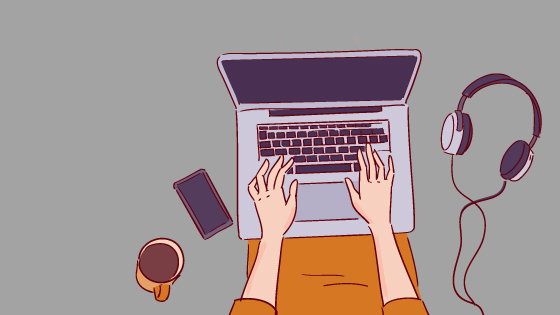"It is normal to feel overwhelmed at times, but if you are constantly feeling bad about yourself, it might be time to work on your emotional maturity."

Emotional maturity is the ability to have healthy relationships with others and manage your own emotions effectively. It is not always easy to become emotionally mature, but with practice, you can learn how to deal with your feelings more productively.
There are many benefits to becoming emotionally mature. You will be able to have healthier relationships with the people around you and be better equipped to handle difficult situations. You will also find that you are happier and more content with life when you are emotionally mature.
What Does an Emotionally Mature Teenager Mean, Exactly?

Being emotionally mature means having the ability to take ownership and responsibility for your emotions, practice self-awareness, set healthy boundaries, observe others with curiosity and follow someone else’s lead to better understand how to manage your feelings. It also involves being able to recognize when you have made a mistake to learn from it and prevent similar mistakes in the future.
Becoming emotionally mature allows us to lead happier, more fulfilling lives by developing meaningful relationships and taking charge of our behavior. With practice, we can all strive towards this goal and reap its many rewards.
The Importance of Taking Responsibility for Your Emotions

One of the most important aspects of emotional maturity is taking responsibility for your emotions. It is easy to blame others when we are feeling upset, but we must learn how to take ownership and navigate our feelings to reach a state of emotional maturity. This means being able to recognize our mistakes, admit when we need help, and apologize when appropriate.
Self-awareness plays a vital role here as it allows us to understand ourselves so that we can better manage our emotions. Taking responsibility for our emotions is an essential part of becoming an emotionally mature teenager.
Self-Compassion and Understanding Your Emotions

Self-compassion is the key to becoming an emotionally mature teenager. Self-compassion means being understanding and kind towards yourself, even when you make mistakes or feel overwhelmed by certain emotions. This does not mean that you should hide from or ignore your feelings; instead, it involves accepting them with love and understanding. When we practice self-compassion, we allow ourselves the space to grow, learn, and become stronger in the face of challenges.
Self-compassion also involves forgiving yourself for any errors in judgment and allowing yourself to move on after making a mistake. Acknowledging our feelings without judgment will help us become more emotionally mature teenagers.
Setting Boundaries and Owning Your Reality

Setting healthy boundaries is also an essential part of becoming an emotionally mature teenager. This means understanding and respecting your limits, as well as those of others. It is important to be honest with yourself when it comes to setting boundaries so that you can take ownership of your reality and stay true to yourself. Setting boundaries can help us develop meaningful relationships and ensure that we are not taken advantage of by those around us.
Self-awareness plays a major role here, as it helps us understand our feelings better and ensure that we do not cross any lines to maintain healthy relationships. By setting clear boundaries, we can strive toward emotional maturity.
Learning From Others and Observing Them with Curiosity

Emotional maturity is also learned from those around us. Paying attention to how other people respond to emotions can help us better understand our reactions and learn new strategies for managing them. It is also important to observe others with curiosity and without judgment so that we can gain insight into their behaviour and empathise with them. By following someone else’s lead maturely, we can learn valuable skills to become more emotionally mature teenagers.
Developing Emotional Maturity as A Teenager

It is a process that takes time and effort, but it is worth it in the end. Emotional maturity allows you to have healthier relationships with yourself and others, navigate difficult situations more effectively and feel more content in your skin.
If you are interested in developing these skills, there are plenty of ways to get started. Self-reflection and building self-awareness are essential, as well as seeking out support from friends or family members. There are also many books, articles, or online courses available that can guide on this topic.
The bottom line is that emotional maturity is something that anyone can learn – it does not require any special intelligence or aptitude. So, if you are ready to embark on the journey toward emotional maturity, then go for it! You won’t regret it.

















